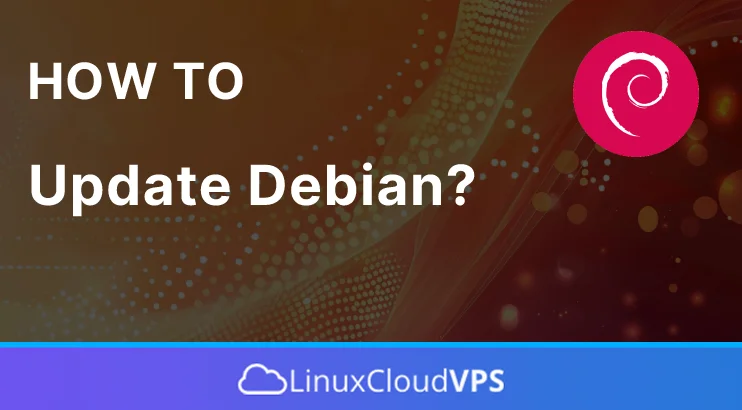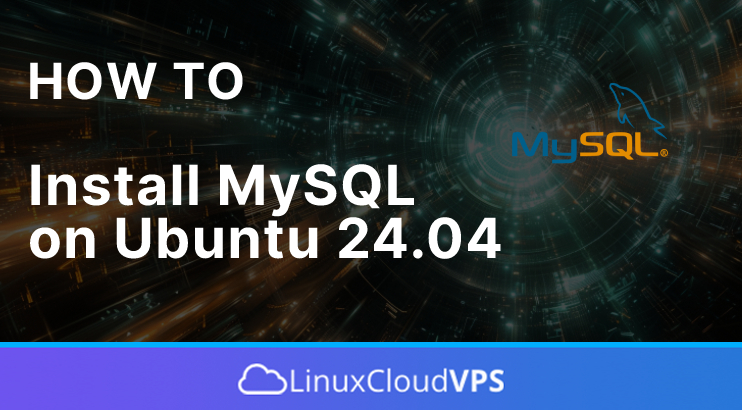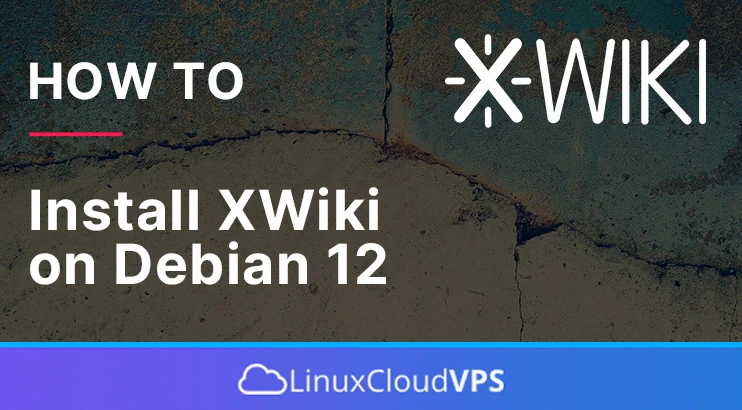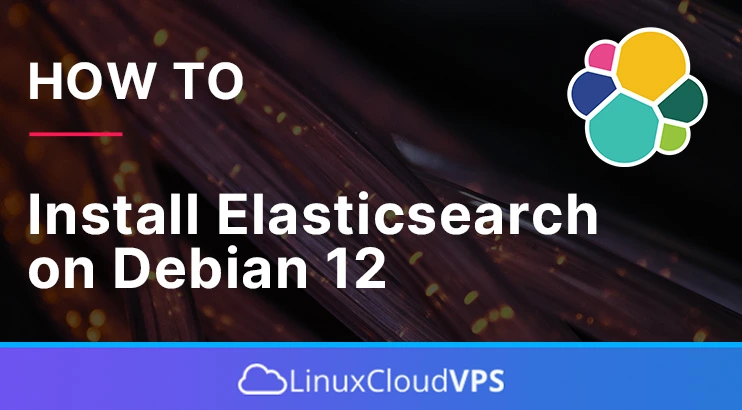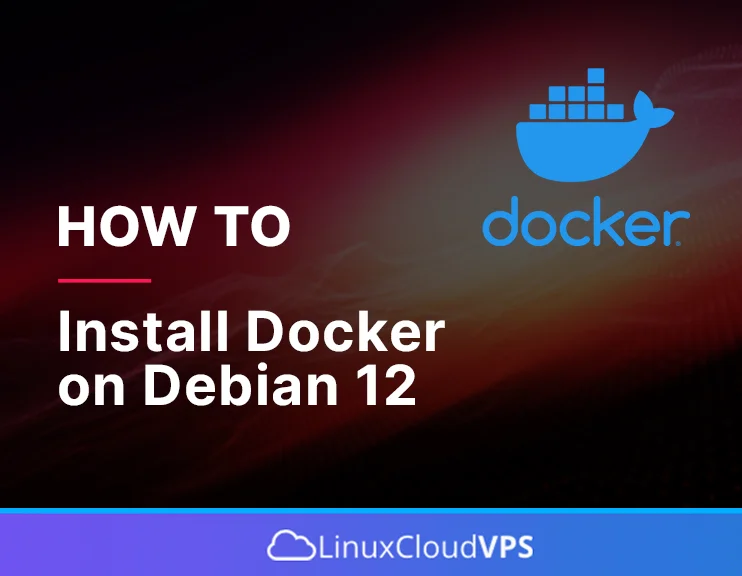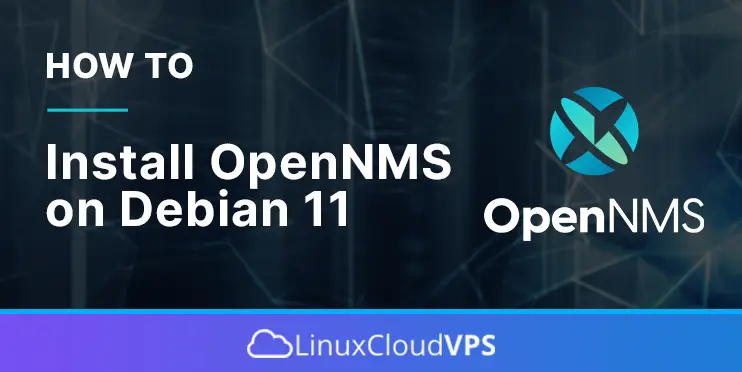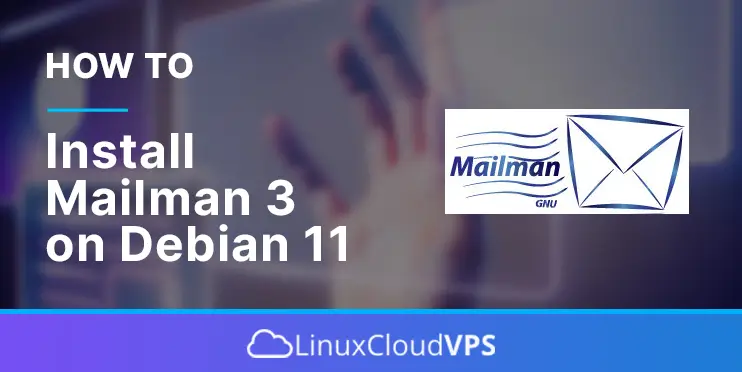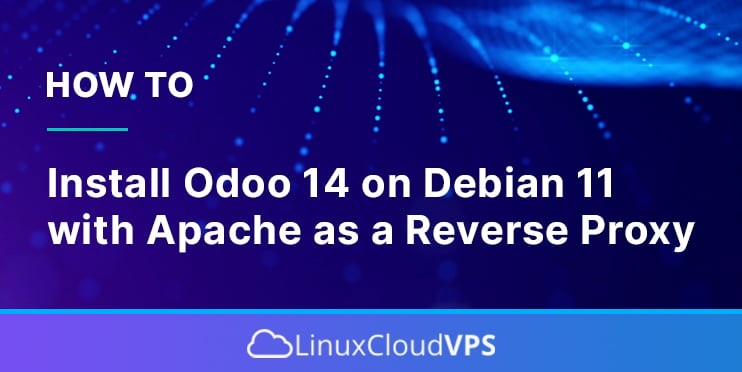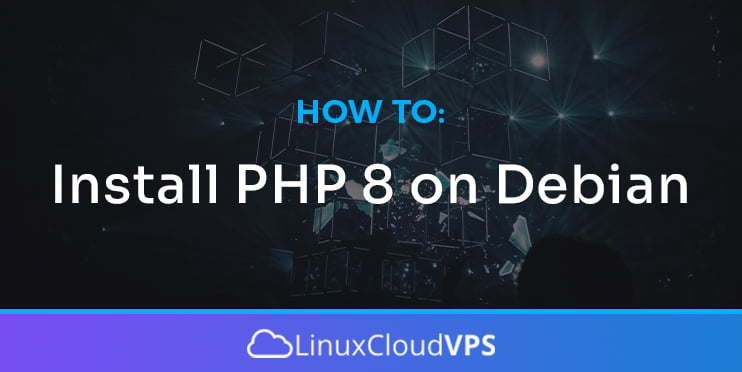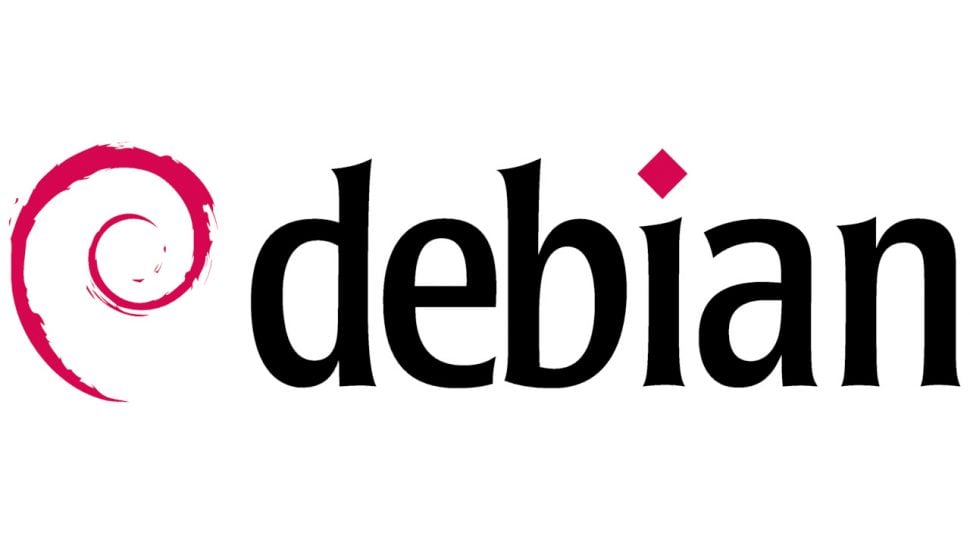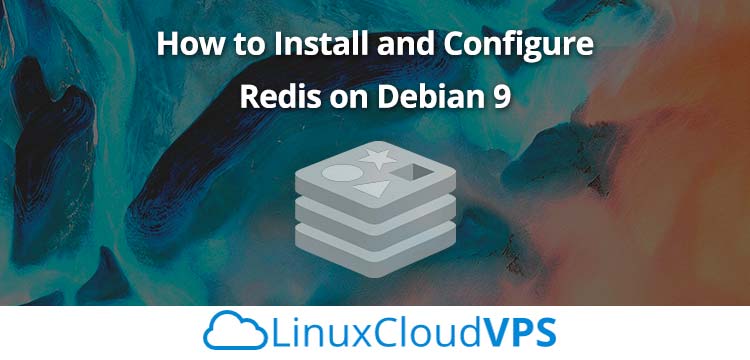In this tutorial, we will explain a little bit more about the Debian OS and how to update it.
debian
How to Install MySQL on Debian 12
MySQL is a Database Management System (DBMS) with basic Structured Query Language (SQL) commands. Web developers often use MySQL when creating applications and websites. It is the most popular open-source database engine. MySQL Database has been developed in close collaboration with users for over 25 years, making it an open-source platform with many features. This means there’s a high chance that MySQL supports your favorite application or programming language. This article will show you how to install MySQL on Debian 12.
How to Install XWiki on Debian 12
XWiki is an advanced wiki software platform that is both free and open-source. It is built using Java and can be run on servlet containers such as JBoss, Tomcat, and Jetty. To store its information, XWiki utilizes database engines like MySQL, MariaDB or PostgreSQL. There are multiple ways to install XWiki, but in this tutorial, we will focus on how to install XWiki on Debian 12 using the repository provided by XWiki.
How to Install Elasticsearch on Debian 12
Elasticsearch is a document-oriented database server built with Java. It is an open-source and real-time search and analytics engine. We can also say that Elasticsearch is a NoSQL database, as it stores data in an unstructured way, where you cannot use SQL to query it. Elasticsearch is typically used to support complex queries and high-performance applications. This article aims to guide you through the installation and configuration process of Elasticsearch on Debian 12.
How to Install Docker on Debian 12
Docker is an open-source container runtime that allows you to build, run, and manage applications in isolated environments called containers.
How To Install OpenNMS on Debian 11
In this tutorial, we are going to explain to you in step-by-step detail how to install OpenNMS on Debian 11 OS.
OpenNMS is a free and open-source network monitoring platform written in Java language. It is developed by a group of developers, users, and the OpenNMS community, which makes the software compatible with multiple operating systems such as Linux, Windows, macOS and etc. There are many features offered by this software, such as service assurance, service monitors, grafana support, easy integration, etc.
How to Install Mailman3 on Debian 11
Mailman is an open-source application for managing electronic mail discussions and newsletter lists. It is written in Python, and since Python 2.7 is EOL, it is important to use Mailman3, not Mailman2. Mailman 3 is actually a suite of 6 subprojects; it is known as The Mailman Suite:
- Mailman Core – The core delivery engine.
- Postorius – A new Django-based web user interface for end users and list administrators.
- HyperKitty – A new Django-based web archiver.
- mailman-hyperkitty – A plugin for the core to communicate with HyperKitty.
- django-mailman3 – Django modules and templates common to Postorius and HyperKitty
- mailmanclient – The official Python 2 and 3 bindings to the administrative REST API.
In this tutorial, we will show you how to install Mailman3 on Debian 11.
How to Install Odoo 14 on Debian 11 with Apache as a Reverse Proxy
Odoo (formerly known as OpenERP) is a suite of open-source business applications. The most used modules for Odoo include Point of Sale (POS), Inventory, CRM, Website, Live Chat, e-Commerce, Billing, Accounting, Warehouse, and others. The range of the modules that can be installed in one application makes Odoo very popular nowadays.
Let’s learn how to install and start using Odoo 14 on a Debian OS. Remember, if you want to skip this part and let others automate it for you, you can do so by subscribing to any Debian hosting plan and acquiring all the assistance you’ll ever need. In this tutorial, we will show you how to install Odoo 14 on Debian 11 with Apache as a reverse proxy.
How to Install PHP 8 on Debian
The following tutorial guides you step by step through the process of installing PHP 8.0 on Debian 10. PHP is an open-source general-purpose scripting language, mostly used by web developers as it can be easily be embedded into HTML.
PHP version 8.0 was officially released on November 26, 2020, and it is the latest release of the PHP language. It is packed with lots of new improvements, features, and optimizations including named arguments, attributes, constructor property promotion, JIT (Just in Time Compiler), match expression, union types, null safe operator, better error handling, improvements in the type system, and consistency. Also, according to multiple tests, PHP 8.0 can handle much more requests per second, compared to the older versions of PHP, so if your PHP-based website or application is fully compatible with PHP 8.0, you should definitely consider upgrading to the latest version.
How to Install and Configure Redis on Debian 9
Redis can be used as a key-value database or also as a cache and message broker. Some of Redis’ features are built-in transactions, replication, and support for a variety of data structures like strings, hashes, lists, sets, and so on. The Redis Sentinel makes Redis highly available and it supports automatic partitioning with Redis Cluster.
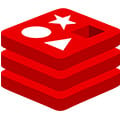
The Redis package which comes with the built in Debian repositories is pretty outdated and contains many vulnerabilities when it comes to security. To fix this in this guide, we are going to use the source version to install Redis. At the moment when this was written, the latest stable version of Redis was 4.0.10. The installation process of Redis on a Debian 9 Cloud VPS is a fairly easy task, but you have to follow the steps carefully as they are given in the tutorial below. Now let’s begin with the installation.
